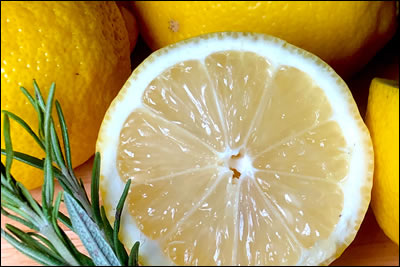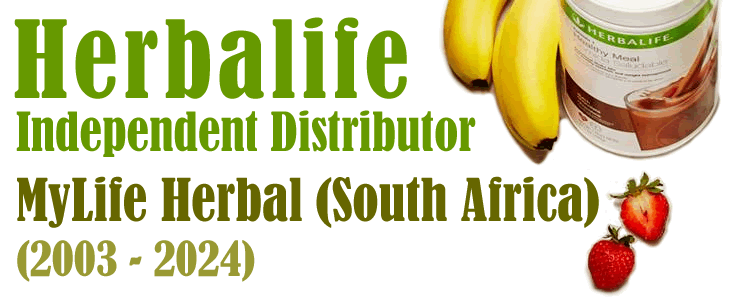The 12 Best Foods for High Blood Pressure

Hypertension, or high blood pressure, is the most common preventable risk factor for heart disease. Over 1 billion people around the world have high blood pressure, which is defined as systolic blood pressure (SBP) values (the top number) of 130 mm Hg or more, diastolic blood pressure (DBP, the bottom number) of more than 80 mm Hg, or both.
A healthy diet is essential for lowering blood pressure and maintaining optimal levels, and research has shown that including certain foods in your diet, especially those high in specific nutrients like potassium and magnesium, reduces your blood pressure levels.
Here are the 12 best foods for high blood pressure.
Citrus fruits
Citrus fruits, including grapefruit, oranges, and lemons, may have powerful blood-pressure-lowering effects. They're loaded with vitamins, minerals, and plant compounds that may help keep your heart healthy by reducing heart disease risk factors like high blood pressure.
Salmon and other fatty fish
Fatty fish are an excellent source of omega-3 fats, which have significant heart health benefits. These fats may help reduce blood pressure levels by reducing inflammation and decreasing levels of blood-vessel-constricting compounds. Research has linked higher intakes of omega-3-rich fatty fish to lower blood pressure levels.
Pumpkin seeds
Pumpkin seeds may be small, but they pack a punch when it comes to nutrition.
They're a concentrated source of nutrients important for blood pressure control, including magnesium, potassium, and arginine, an amino acid needed for the production of nitric oxide, which is essential for blood vessel relaxation and blood pressure reduction. Pumpkin seed oil has also been shown to be a powerful natural remedy for high blood pressure.
Beans and lentils
Beans and lentils are rich in nutrients that help regulate blood pressure, such as fibre, magnesium, and potassium. Numerous studies have shown that eating beans and lentils may help lower high blood pressure levels.
Berries
Berries have been associated with a variety of impressive health benefits, including their potential to reduce heart disease risk factors like high blood pressure. Berries are a rich source of antioxidants, including anthocyanins, which are pigments that give berries their vibrant color.
Anthocyanins have been shown to increase nitric oxide levels in the blood and reduce the production of blood-vessel-restricting molecules, which may help reduce blood pressure levels. However, more research in humans is needed to confirm these potential mechanisms.
Pistachios
Pistachios are highly nutritious, and their consumption has been linked to healthy blood pressure levels. They're high in a number of nutrients essential for heart health and blood pressure regulation, including potassium.
Carrots
Crunchy, sweet, and nutritious, carrots are a staple vegetable in many people's diets. Carrots are high in phenolic compounds, such as chlorogenic, p-coumaric, and caffeic acids, that help relax blood vessels and reduce inflammation, which may help lower blood pressure levels.
Although carrots can be enjoyed cooked or raw, eating them raw may be more beneficial for reducing high blood pressure.
Celery
Celery is a popular vegetable that may have positive effects on blood pressure. It contains compounds called phthalides, which may help relax blood vessels and lower blood pressure levels. The same study that associated raw carrot intake with reduced blood pressure found that among commonly consumed cooked vegetables, cooked celery intake was significantly associated with reduced blood pressure.
Tomatoes and tomato products
Tomatoes and tomato products are rich in many nutrients, including potassium and the lycopene. Lycopene has been significantly associated with beneficial effects on heart health, and eating foods high in this nutrient, such as tomato products, may help reduce heart disease risk factors like high blood pressure.
Broccoli
Broccoli is known for its many beneficial effects on health, including the health of your circulatory system. For example, adding this cruciferous veggie to your diet may be a smart way to reduce blood pressure. Broccoli is loaded with flavonoid antioxidants, which may help lower blood pressure by enhancing blood vessel function and increasing nitric oxide levels in your body.
Beetroot
Beetroots and beet greens are exceptionally nutritious, and eating them may help promote healthy blood pressure levels. They're high in nitrates, which help relax blood vessels and may lower blood pressure. Some research has shown that adding beetroot and beet products to your diet may help promote healthy blood pressure levels.
Spinach
Like beets, spinach is high in nitrates. It's also loaded with antioxidants, potassium, calcium, and magnesium, making it an excellent choice for people with high blood pressure.
Summary
Along with other lifestyle modifications, adopting a healthy diet can significantly lower blood pressure levels and help reduce your heart disease risk. According to research, adding certain foods like leafy greens, berries, beans, lentils, seeds, fatty fish, citrus fruits, and carrots to your meals and snacks may help you reach and maintain optimal blood pressure levels.
If you have high blood pressure levels or are looking to maintain healthy blood pressure, adding a few of the foods listed in this article to your diet may help.

